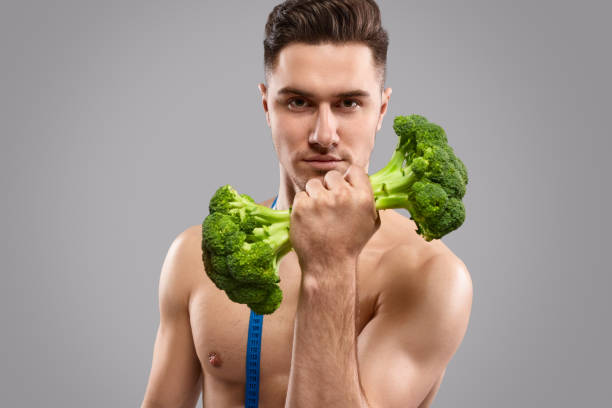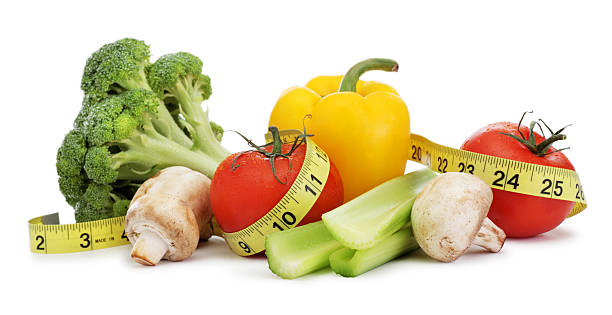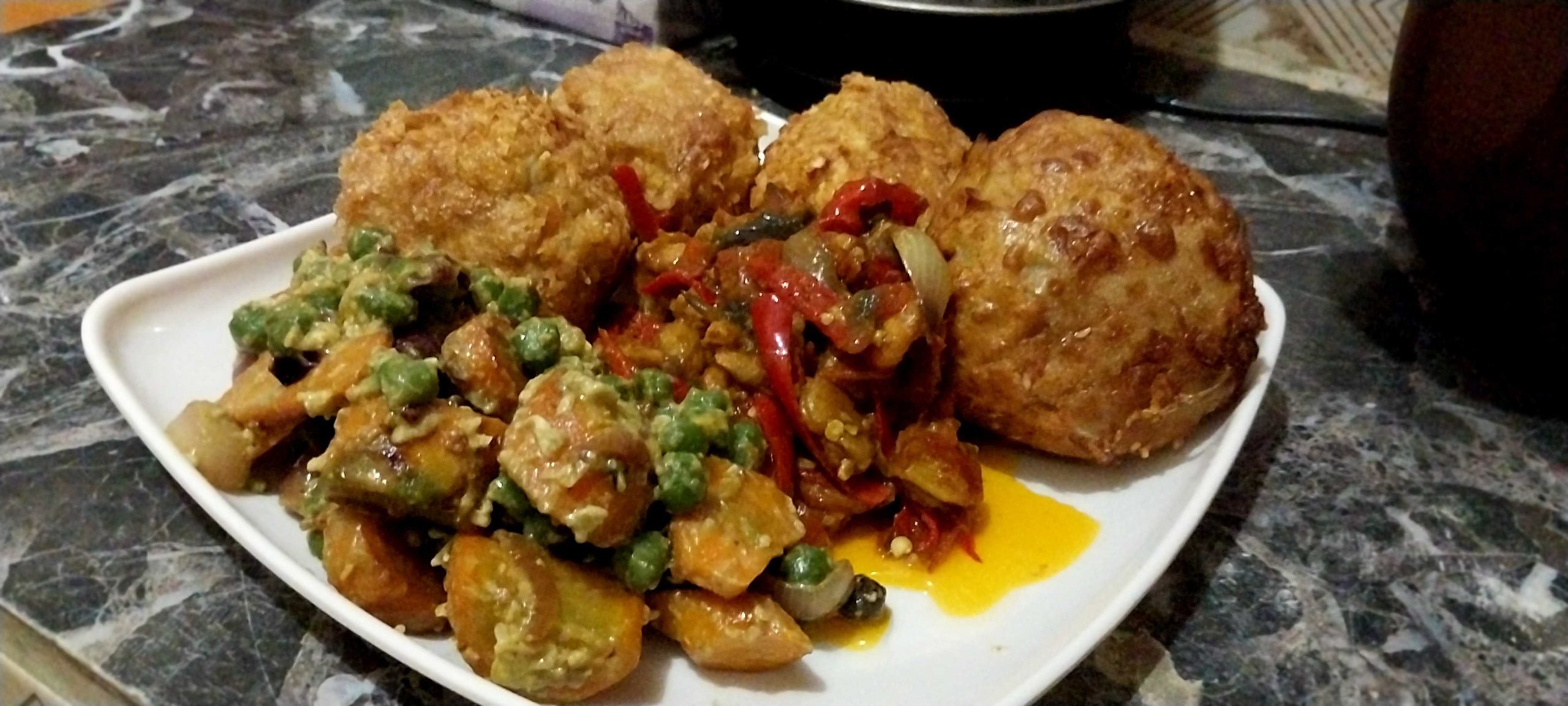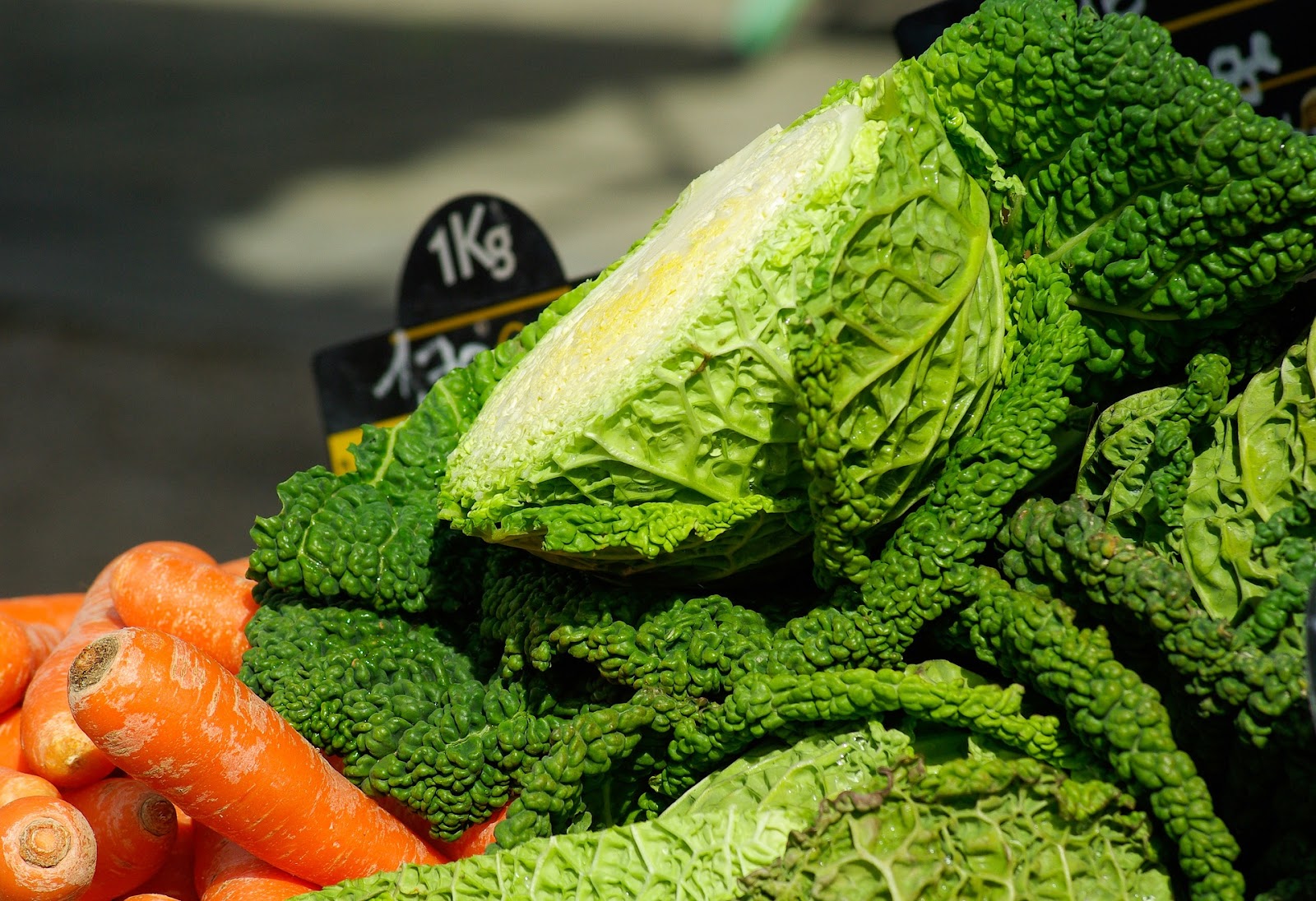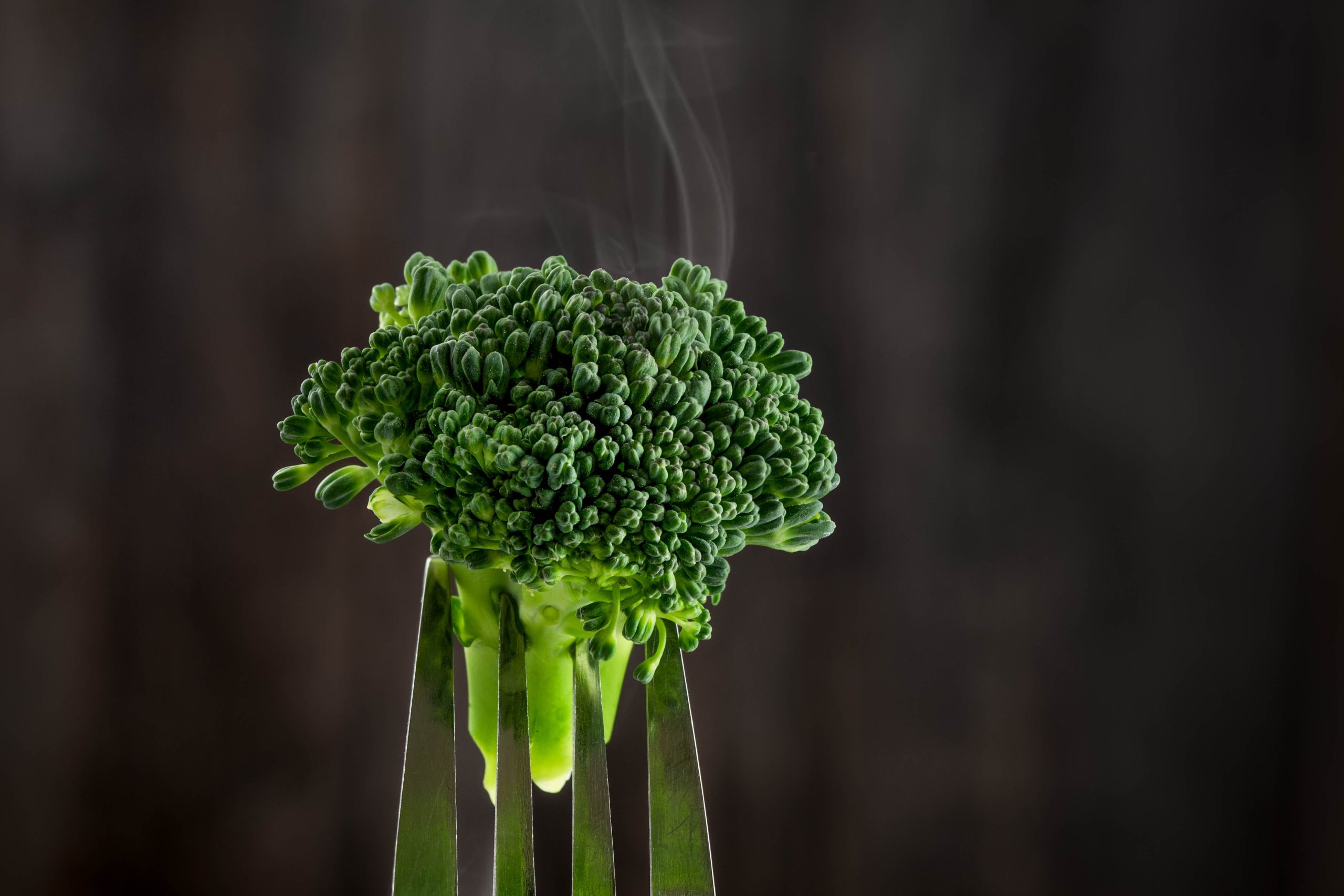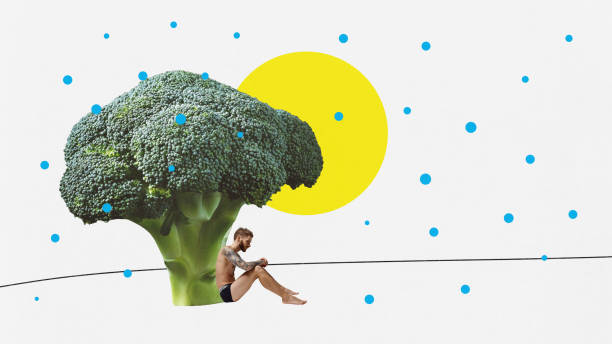
When it comes to building muscle, nutrition plays a crucial role alongside regular exercise. While protein-rich foods like chicken, eggs, and fish are often hailed as muscle-building powerhouses, vegetables are often overlooked in this aspect. However, one vegetable that has been gaining attention for its potential muscle-building benefits is broccoli.
In this article, we will explore the question, “Does broccoli help build muscle?” and delve into its effects on muscle growth and overall health.
Table of Contents
Does Broccoli Help Build Muscle? True or False
Broccoli is a nutritional powerhouse, packed with essential vitamins, minerals, and dietary fiber. It is known to be rich in antioxidants, which can help reduce oxidative stress and inflammation in the body. While it may not directly contribute to muscle growth like protein sources do, broccoli can indirectly support muscle development by providing the necessary nutrients for overall health and recovery.
One key component found in broccoli is vitamin C, which is known for its role in collagen synthesis. Collagen is essential for the health and integrity of our muscles, tendons, and ligaments, making it crucial for muscle repair and growth. Additionally, broccoli contains important minerals like potassium and magnesium, which are involved in muscle contraction and energy metabolism.
What is the Best Vegetable for Muscle Growth?
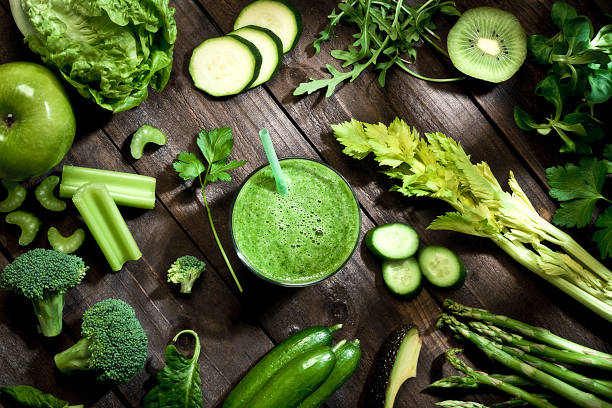
While broccoli does offer several benefits for muscle growth, it is worth mentioning that a variety of vegetables should be included in a well-rounded diet. Other vegetables that can support muscle growth include spinach, kale, Brussels sprouts, and sweet potatoes. Each vegetable offers a unique blend of vitamins, minerals, and antioxidants contributing to overall health and muscle function.
Which Food Can Grow Muscle Faster?
While specific foods alone cannot guarantee rapid muscle growth, a balanced diet that includes a variety of nutrient-rich foods is essential. Alongside vegetables like broccoli, incorporating lean protein sources such as chicken breast, lean beef, fish, eggs, and plant-based protein options like beans and tofu can provide the necessary amino acids for muscle repair and growth. Additionally, whole grains, healthy fats, and adequate hydration are vital components of a muscle-building diet.
What Does Broccoli Do for Men?
Broccoli offers numerous health benefits for men. It contains indole-3-carbinol, a compound that supports healthy hormone balance. This compound has been found to aid in the metabolism of estrogen, potentially reducing the risk of estrogen dominance in men.
What Should I Not Eat When Building Muscle?
While it’s essential to focus on the foods that support muscle growth, it’s equally crucial to avoid certain foods that may hinder your progress. Processed foods, sugary snacks and beverages, excessive alcohol, and foods high in saturated and trans fats should be limited or avoided altogether. These foods can contribute to inflammation, impair recovery, and negatively impact overall health.
Final Thoughts:
While broccoli alone may not directly build muscle like protein-rich foods do, it certainly plays a valuable role in supporting overall health and muscle function. Its abundance of vitamins, minerals, antioxidants, and fiber makes it a valuable addition to a muscle-building diet. Remember, building muscle is a multifaceted process that requires a balanced diet, regular exercise, and adequate rest. So, remember to incorporate a variety of vegetables, including broccoli, into your nutrition plan to reap their benefits for muscle growth and overall well-being.
References:
“Micronutrient Information Center – Vitamin C.” Linus Pauling Institute – Oregon State University.
Joy, J. M., et al. “Vitamin C and Collagen Synthesis: Effects of Dietary Supplementation in Animal Models and Human Studies.” Nutrients, vol. 9, no. 8, 2017.
Knuiman, P., et al. “Lifestyle Factors and the Development of Estrogen Receptor-Defined Prostate Cancer Subtypes.” Cancers, vol. 10, no. 4, 2018.
“The Role of Nutrition in Enhancing Sports Performance: A Review.” International Journal of Sports Nutrition and Exercise Metabolism, vol. 29, no. 2, 2019.

